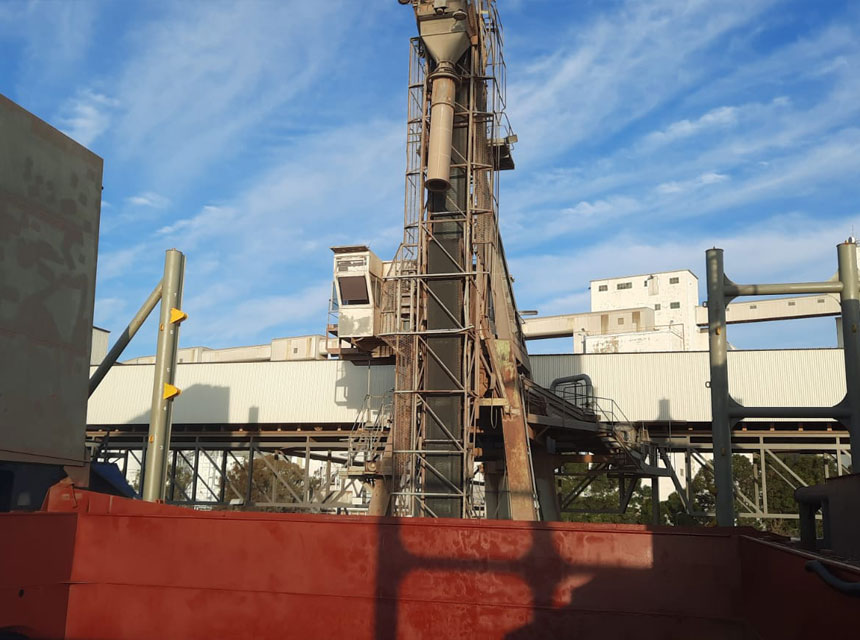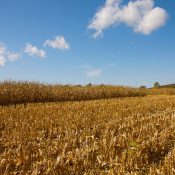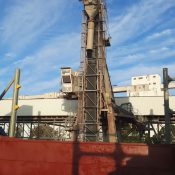
Weathering the Storm: How Natural Disasters Affect Commodity Markets
The Impact of Natural Disasters on Commodity Production
Natural disasters can have a devastating impact on commodity production, affecting both the supply and quality of goods. For instance, a severe drought can parch crops, leading to reduced yields and potential shortages. Similarly, a flood can inundate agricultural fields, damaging crops and disrupting harvesting processes. In the energy sector, natural disasters can damage oil refineries, pipelines, and storage facilities, hindering production and distribution.Price Volatility and Supply Chain Disruptions
The impact of natural disasters on commodity production often translates into increased price volatility. When supply is disrupted, prices tend to spike as demand remains constant. This can have a ripple effect throughout the economy, as businesses and consumers face higher costs for essential goods. In addition to price fluctuations, natural disasters can also cause significant supply chain disruptions. Damaged infrastructure, such as roads, bridges, and ports, can impede the movement of goods, leading to shortages and delays. This can have a cascading effect on downstream industries that rely on these commodities as inputs.The Industry's Response to Natural Disasters
The commodity industry has developed various strategies to manage the challenges posed by natural disasters. These strategies include:Risk management: Companies employ risk management tools, such as weather forecasting and scenario planning, to anticipate potential disruptions and develop contingency plans.
Insurance: Commodity producers and traders often purchase insurance to protect against financial losses caused by natural disasters. This can help them maintain financial stability and continue operations in the aftermath of a disaster.
Diversification: Diversifying supply chains and sourcing from multiple regions can reduce reliance on areas that are prone to natural disasters. This can help mitigate the impact of a disaster on overall supply.
Resilience: Investing in infrastructure resilience, such as designing facilities to withstand extreme weather events, can help businesses minimize damage and recover more quickly.
Collaboration: Industry associations and government agencies collaborate to share information, coordinate responses, and develop mitigation strategies. This collective approach can help reduce the overall impact of natural disasters on commodity markets.



